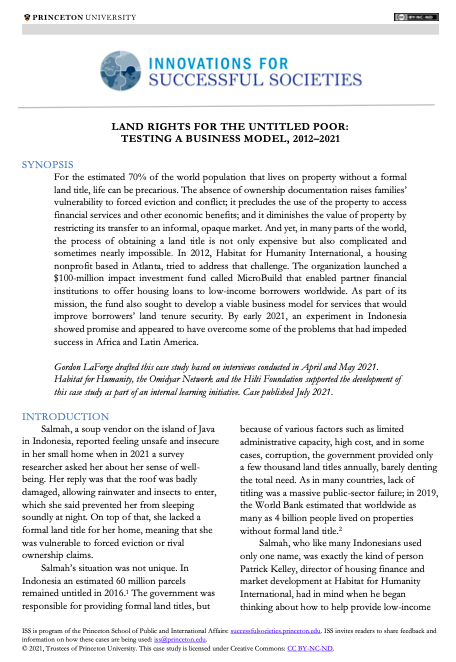Ideal Procedures for Residential Stands Allocations on Council Land
The following are the major steps that were used before in allocating residential stands in Harare. However, these have been changed to accommodate the interests of the policymakers and senior council management. These new changes have opened the system to manipulation of town planning regulations. The Harare Residents’ Trust (HRT) is sharing these steps in the public interest. Several residents have lost their money through corruption involving officials, Councillors, land barons and real estate agencies who sometimes pocket money that they do not deserve.


